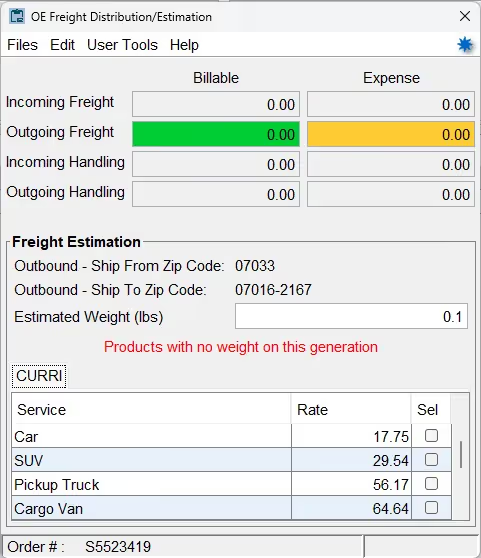Conventional FTL vs. LTL freight logistics: What you need to know
Ryan Miller
October 8, 2025
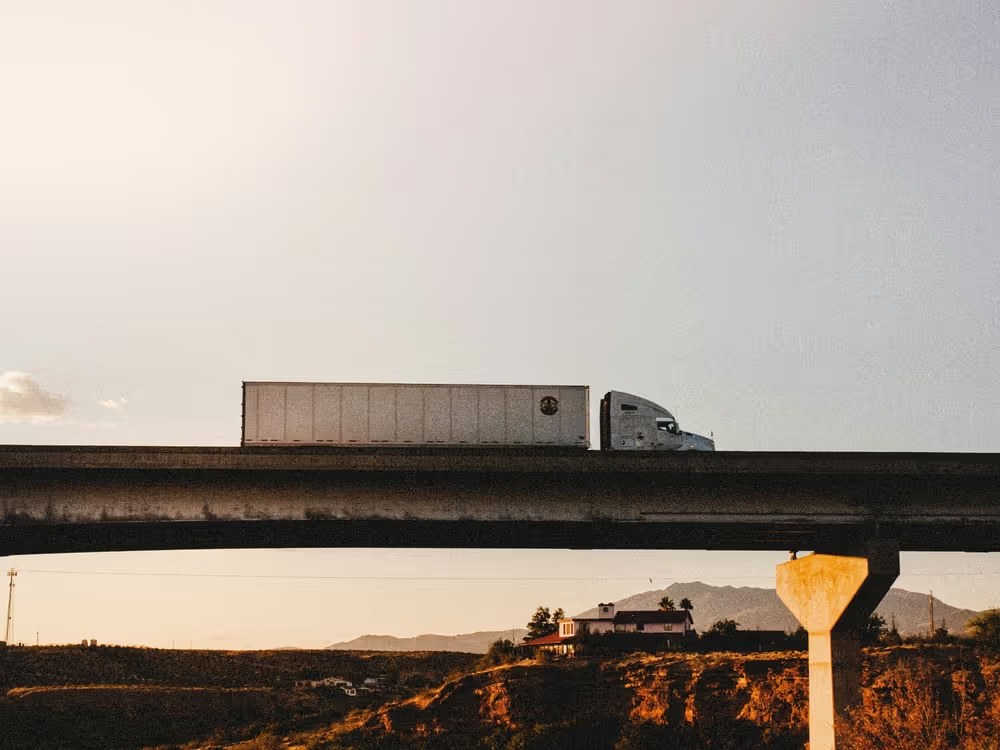
Delivery logistics options can be confusing. Full truckload (FTL) and less-than-truckload (LTL) deliveries are two popular options that serve distinctly different purposes. Here’s what you need to know about both, and how to balance everything on one platform.
What is FTL freight?
Often referred to as FTL or TL, these shipments mean businesses book a whole truck to ship their goods. This may be because the material requires special handling or the business has specific security requirements. If an order is temperature-sensitive or requires flatbed equipment for handling, for example, FTL is the more commonly used option.
With FTL shipments, delivery completion estimates are often a little more accurate and faster, as the truck doesn’t have to make numerous deliveries along the way.
What is LTL freight?
Less-than-truckload shipping refers to multiple vendors sharing shipping space on the same truck. LTL shipments are cost-efficient, with many companies paying for just their portion of the space used. It’s ideal for shipments that are not time-sensitive and weigh less than 15,000 pounds.
LTL uses a “hub and spoke” logic, which means a shipment is picked up and brought to a warehouse hub or terminal. From there, it’s consolidated and sorted with other local freight before being loaded onto a truck that carries it to its destination. Much like people traveling by plane, depending on the distance, the order might involve several “layovers” or terminals.
The pros of using FTL shipping
There’s a peace of mind that comes with an FTL shipment. Here are the other upsides to booking a whole truck for your construction materials.
- There’s better security and less handling: FTL shipments reduce the number of times your goods are handled. This lessens the risk of exposure damage, theft, mishandling, or misplacement. The less the order is lifted, rearranged, or placed, the better the safety, especially for fragile goods.
- Large shipments are more cost-effective: If your shipment nearly fills the truck, FTL is more economical than LTL shipments. There’s usually a lower per-unit transport cost, so for bulk cargo, the savings are bigger.
- Faster turnaround times: FTL shipments move directly from pickup to drop-off, without lengthy stops for other retailers. This means shorter transit time and better accuracy for estimated completion.
- Logistics simplicity: Because there’s less coordination between warehouses and hubs, booking and monitoring your shipments becomes easier. This clarity enables businesses to plan routes effectively and maintain better visibility. Fewer moving parts means less stress on the team.
- High-risk and fragile goods are better taken care of: Because there’s less handling, goods that are hazardous, fragile, or sensitive to damage are better suited for FTL shipping. Goods like electronics, glass, or regulated materials requiring specialized handling are better handled with FTL shipping.
Things to consider
Before you go full steam ahead with your FTL strategy, there are a few things to consider. You can expect higher costs for small loads, for one. Anything less than 10 pallets of product may result in a charge for unused space. Solely using FTL shippers will also decrease flexibility in your delivery logistics, as well as contribute to a larger carbon footprint.
Additionally, the FTL sector is facing an industry-wide driver shortage. With less truck availability comes increased costs due to higher demand. The drivers you do manage to book also often lack sophisticated tracking systems, so consider what the lack of consistency and transparency would do for your client relationships.
The pros of LTL freight
If you’re concerned that your shipments are too small for FTL, consider using LTL. Here are the other pros:
- It’s the eco-friendly option: When multi-vendor orders are consolidated onto one truck, it reduces the number of vehicles on the road. Shared-shipping models help companies achieve their sustainability goals while still making their deliveries.
- It’s more secure than parcel service: While not as secure as FTL, LTL is still more reliable and secure than traditional parcel services. Shrink-wrapped pallets on one truck reduce the risk of parcel service item loss or damage.
- More savings for small shipments: LTL shipping allows businesses to pay only for the truck space they use, effectively splitting the costs with other vendors. This makes shopping more affordable, which is great for those with lower volumes and recurring shipment needs.
- Great for multi-stop deliveries: If businesses need to ship their smaller quantities to multiple locations or job sites, LTL might be more efficient than sending a larger load to a central warehouse.
- Flexible destination options: LTL carriers are accustomed to delivering to job sites and residential addresses, and often offer inside delivery and liftgate services. This is great for distributors with diverse customers or non-commercial destinations.
Things to consider
LTL shipments offer significant cost savings, but businesses should consider that transit routes are often longer and less predictable. Also, LTL shipments are more susceptible to freight damage, as the goods are handled more often to accommodate multiple deliveries.
If you have regular oversized or urgent shipments, LTL is also not the best option. If you have anything that requires specialized handling, is temperature-sensitive, or is unusually shaped, LTL may not provide the care your deliveries need.
Get the best of both worlds with Curri
If you’re unsure whether using FTL or LTL shipments is better suited for your business, consider a flexible platform that handles both. Curri is a comprehensive logistics solution that is easy to use, offering services such as FTL, LTL, hotshot, dedicated, and parcel services.
Users can access a nationwide fleet of drivers and even book same-day deliveries. Curri also supports live delivery tracking, proof of delivery, intelligent delivery matching, and even integrates with your current digital tool stack.
Try Curri today for construction and industrial supplies delivery logistics made simple
Whether you’re in Houston, Chicago, or Denver, you need a flexible delivery logistics solution that works for you. Book a demo with the Curri team today. We’re standing by, ready to help you with your FTL and LTL questions so that you can feel confident in your delivery operations.
.jpg)








.jpg)
.jpg)
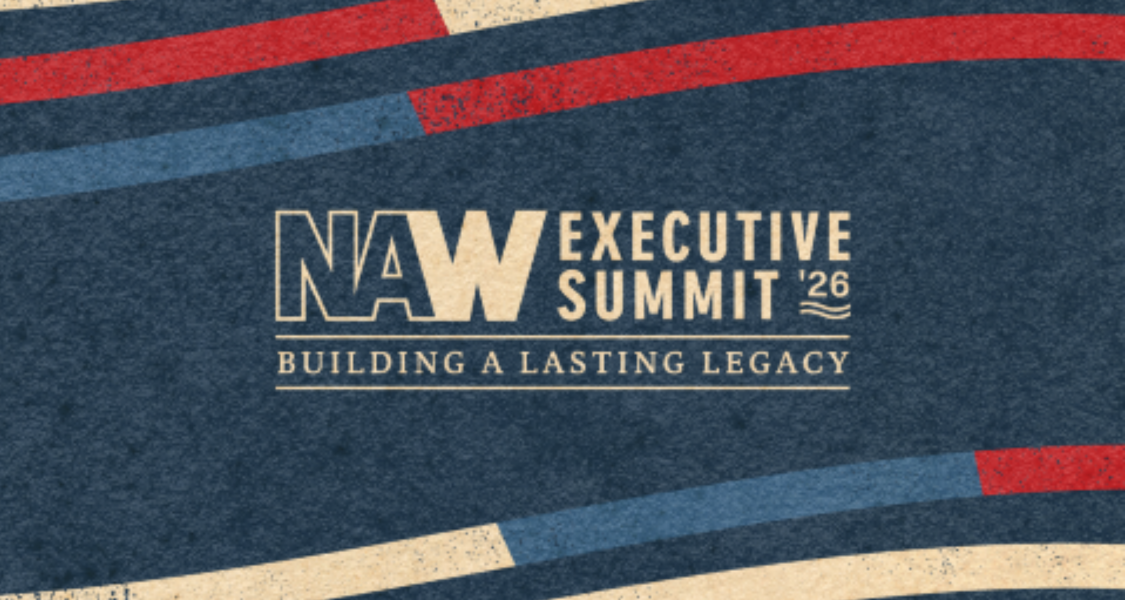

.png)
.jpg)
.jpg)
.jpg)
.jpg)
.jpg)
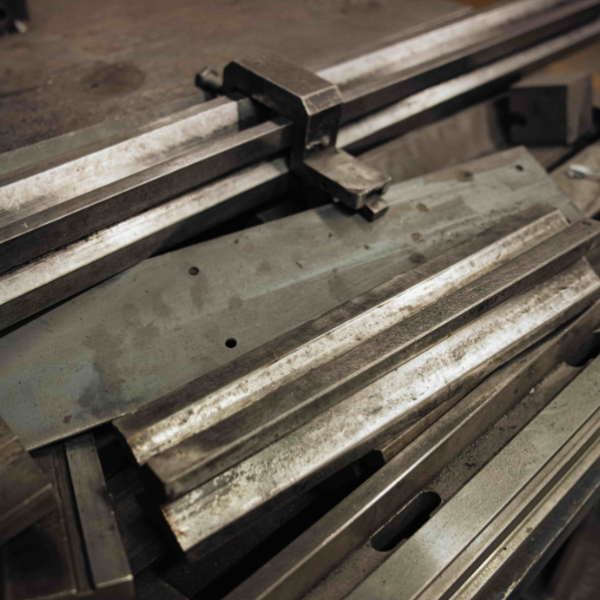

.avif)
-min.avif)

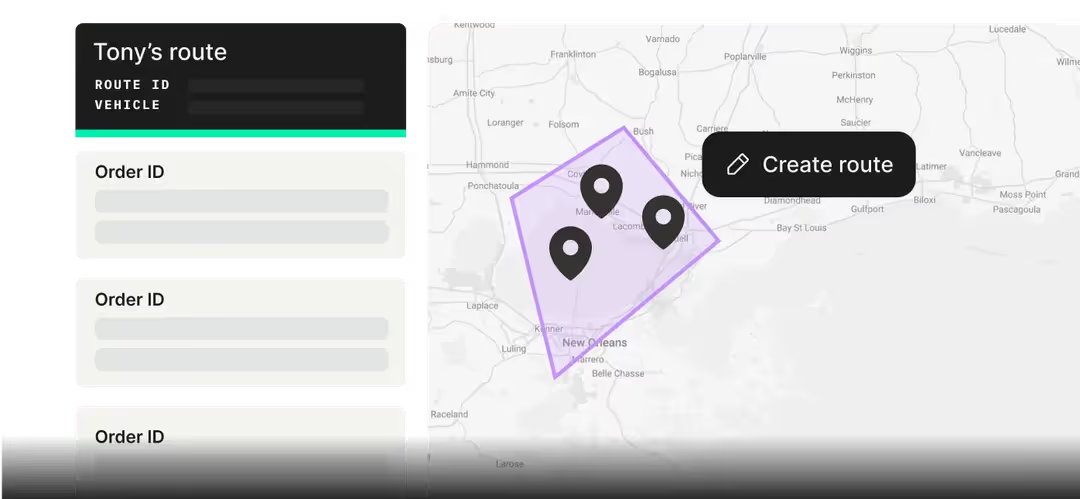
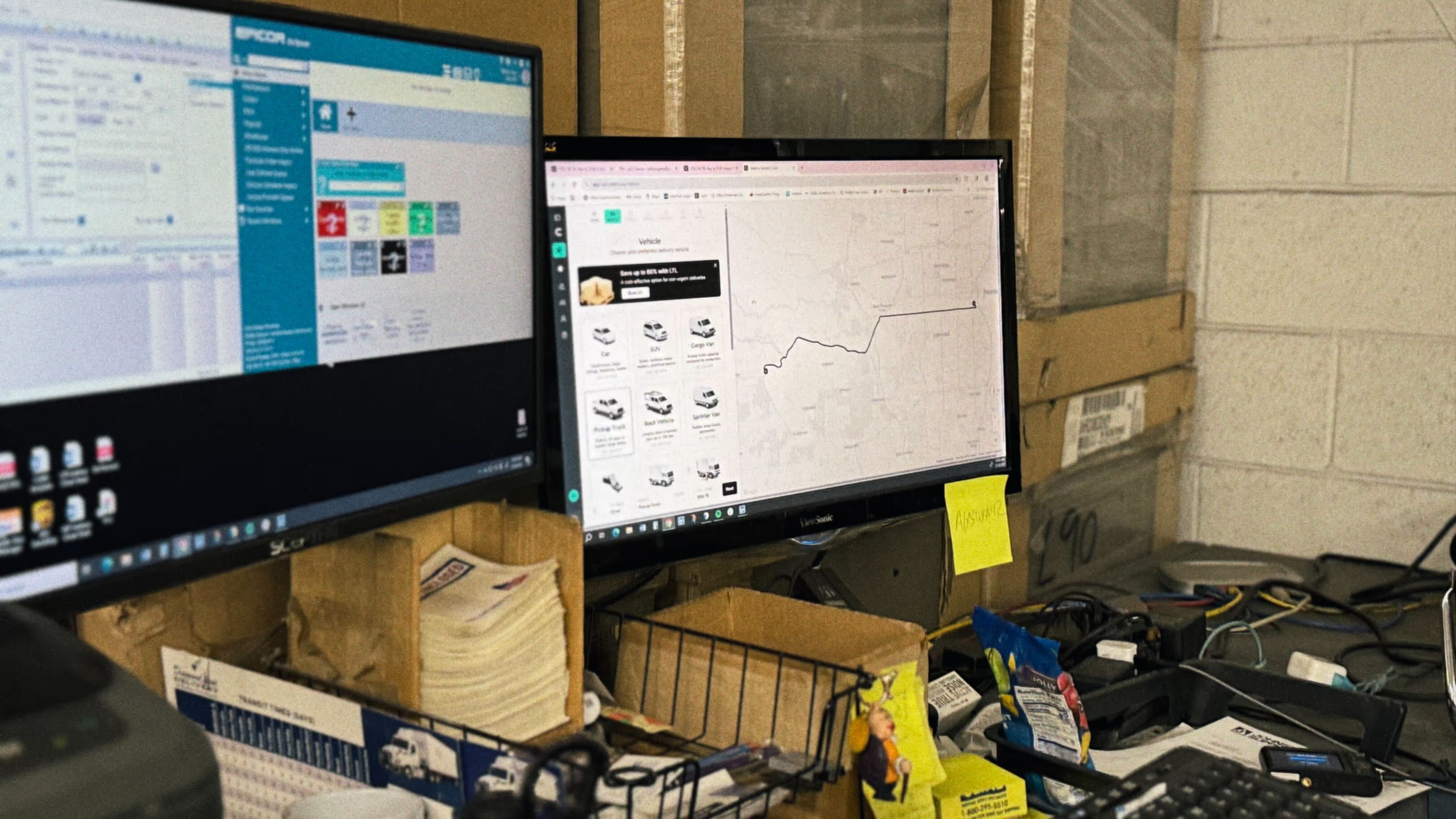
-min-min-min.avif)

.avif)
-min.jpeg)

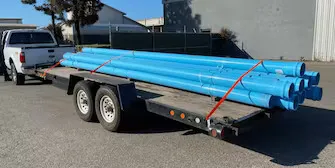
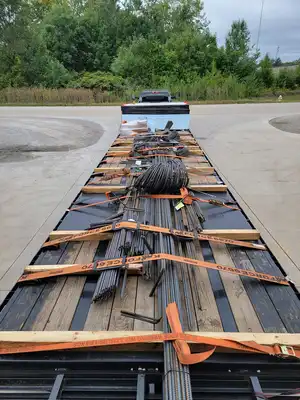

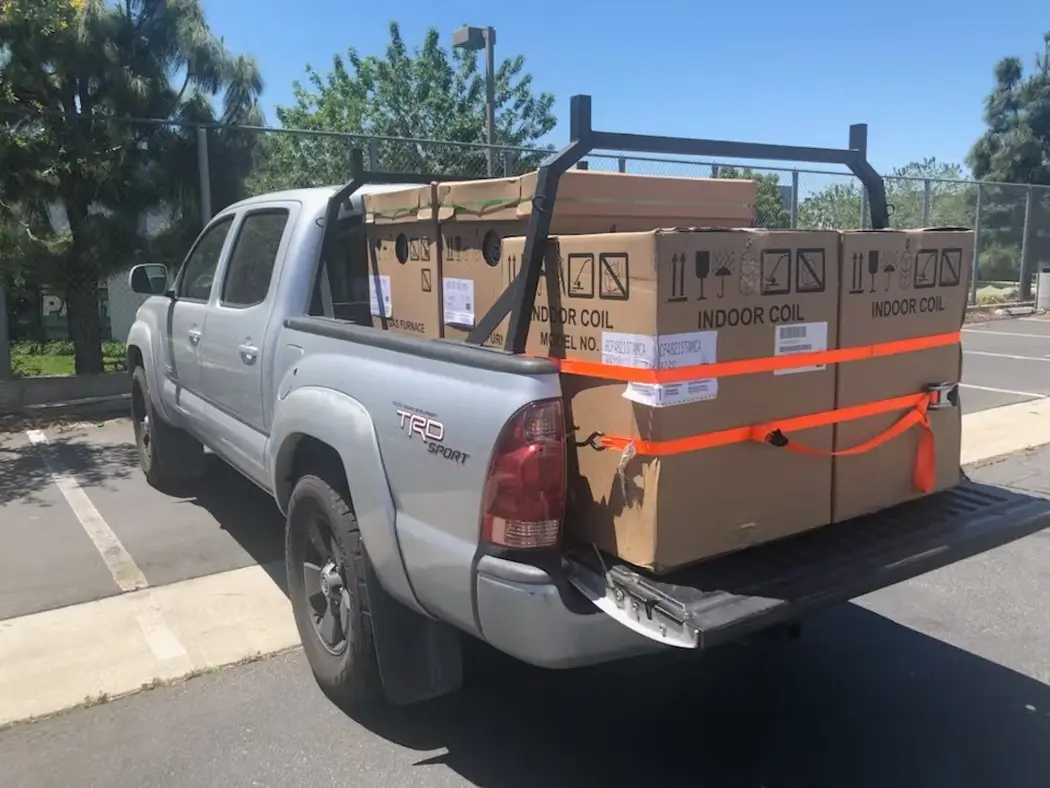
-min.webp)
.webp)
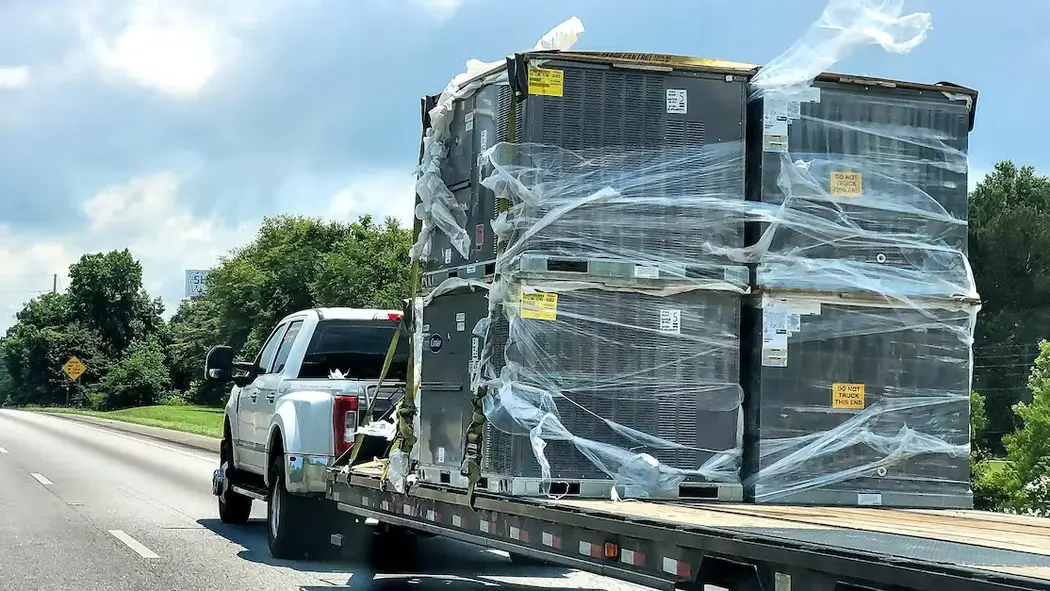


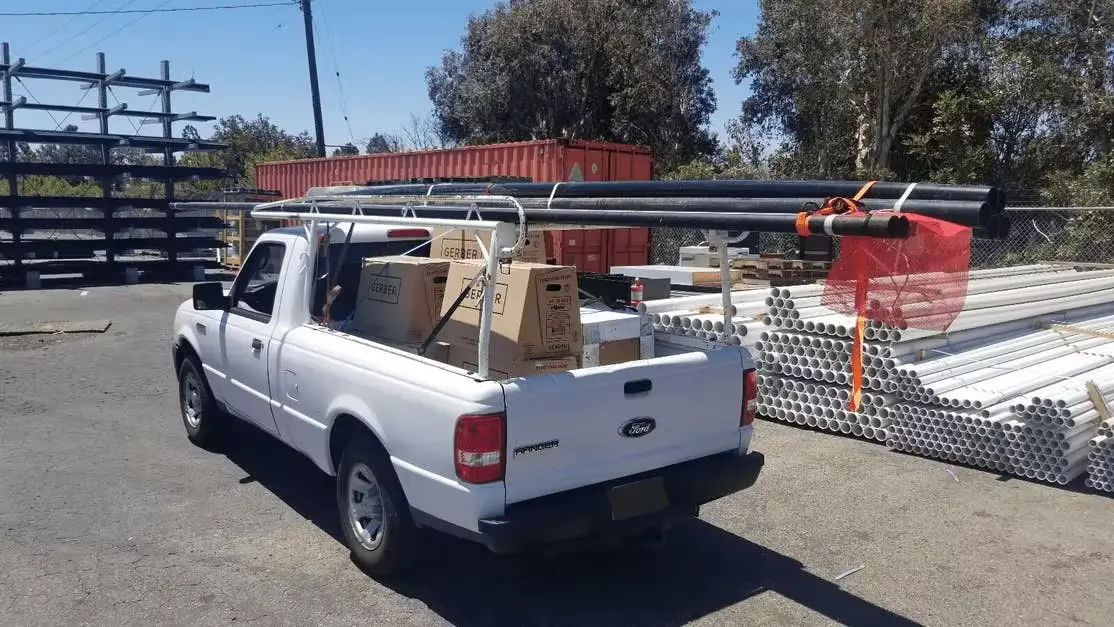

.webp)

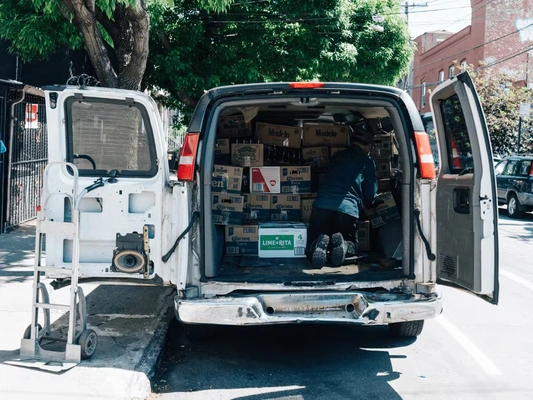


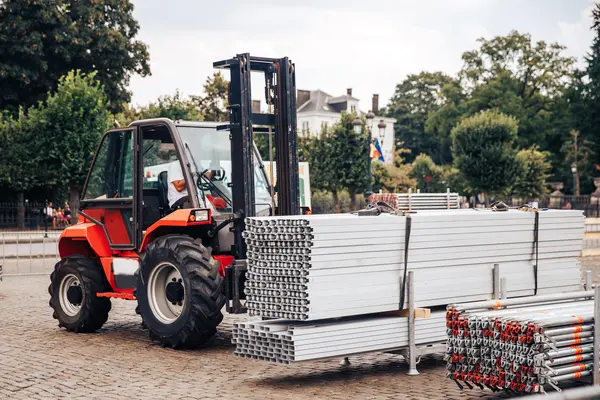
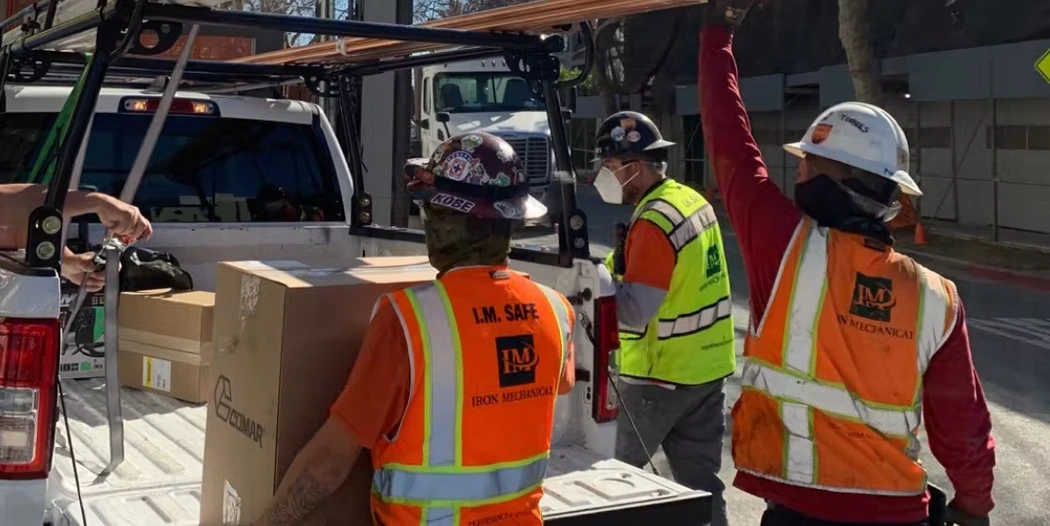
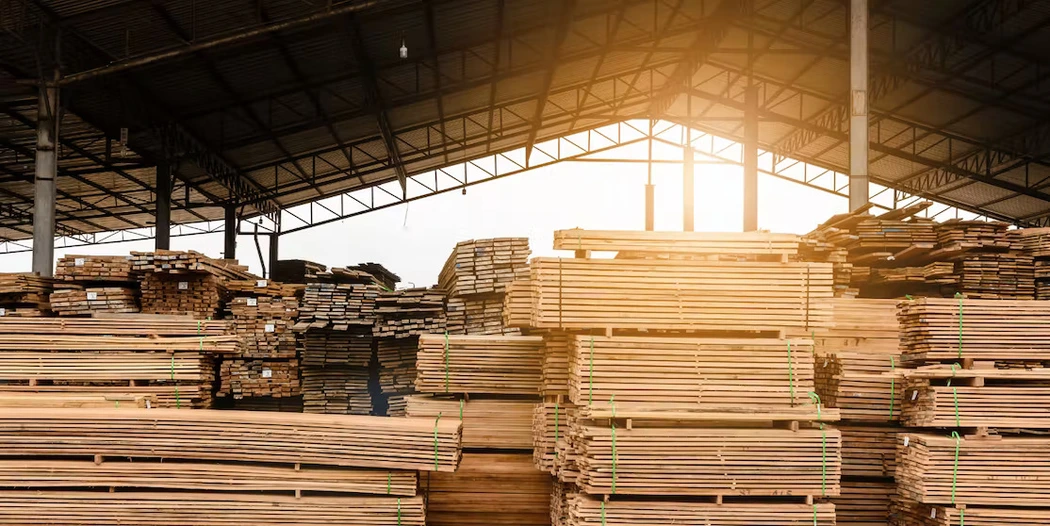




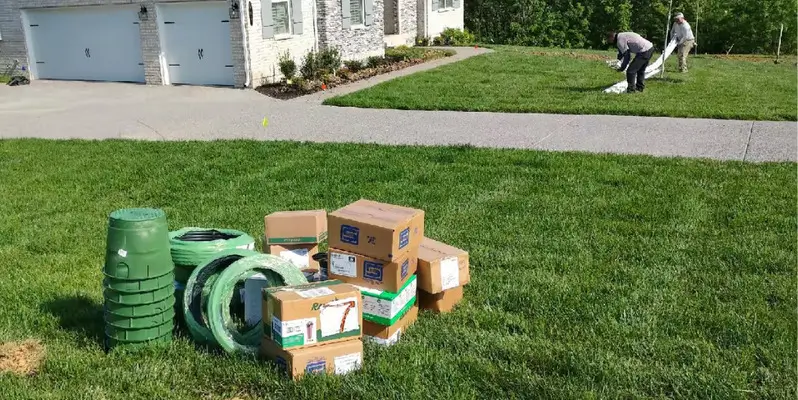
.webp)
-min.avif)


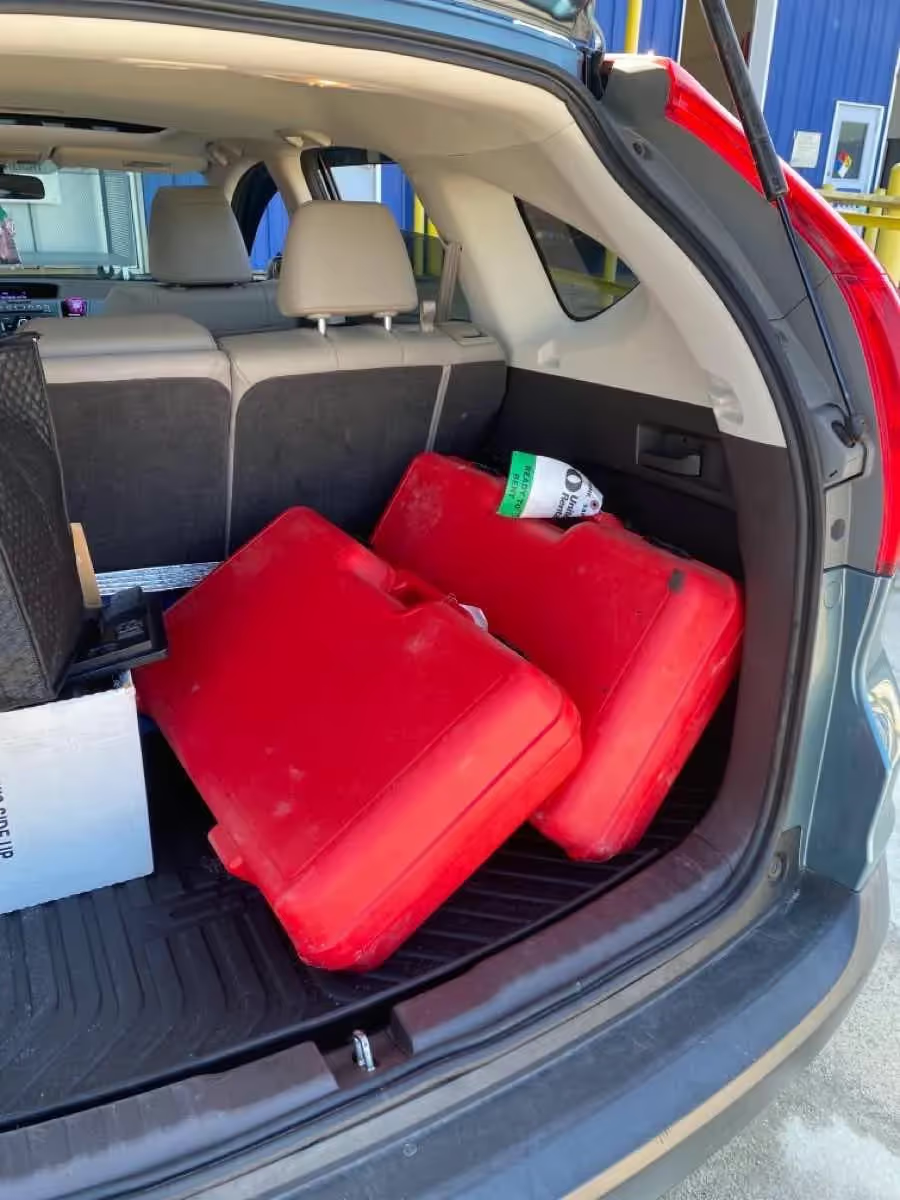

-min%2520(1).avif)

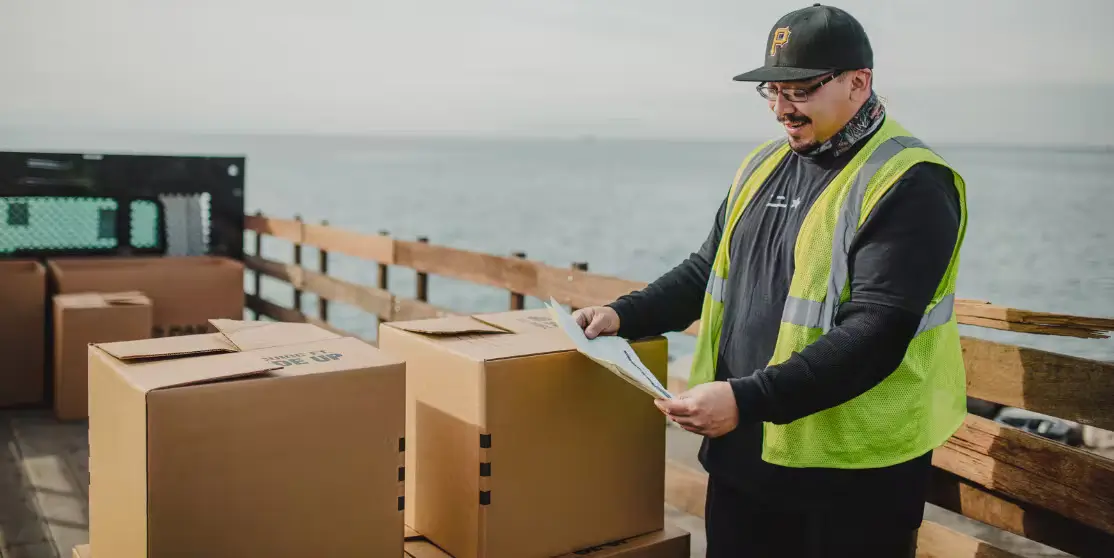
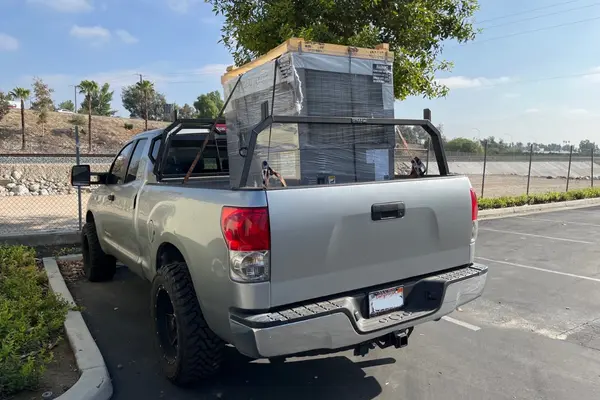


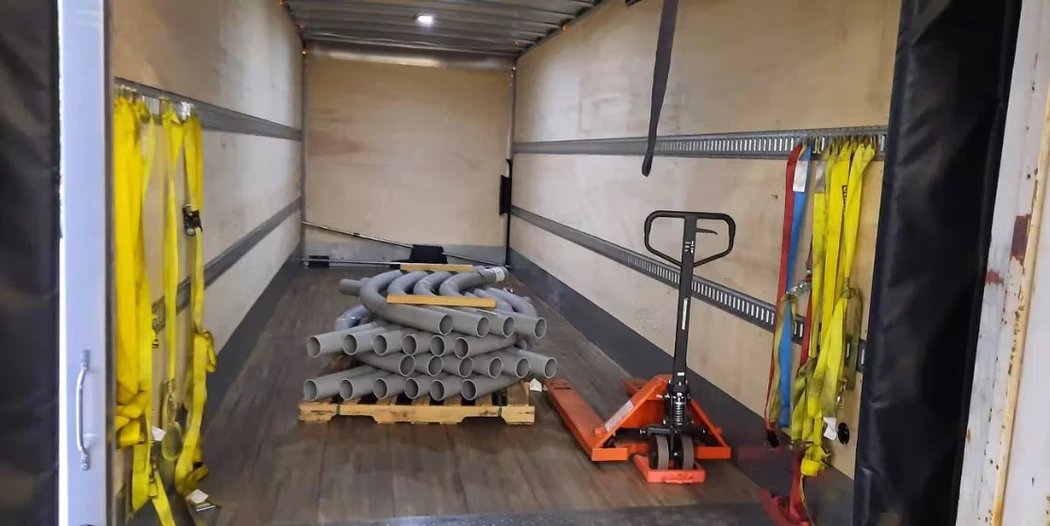
.avif)
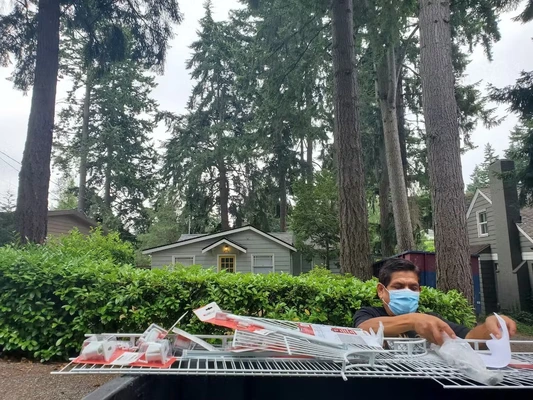

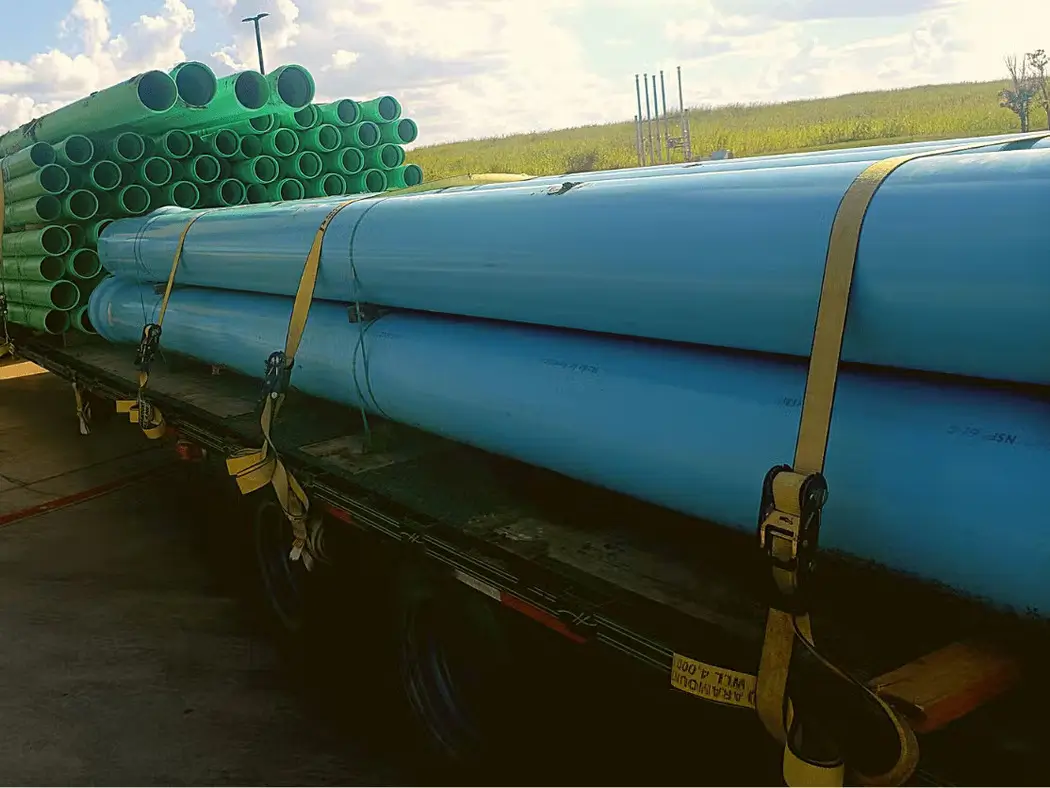
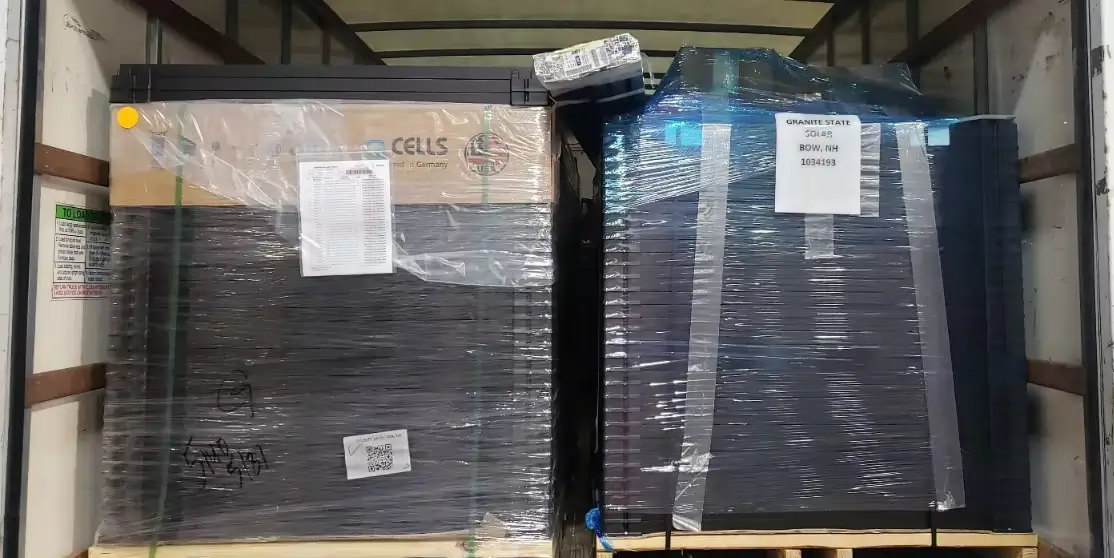
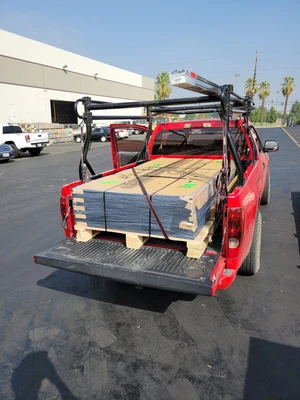
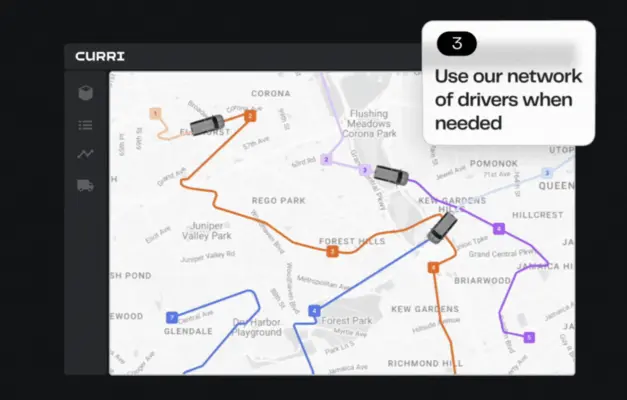


-min.avif)



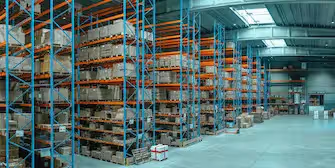
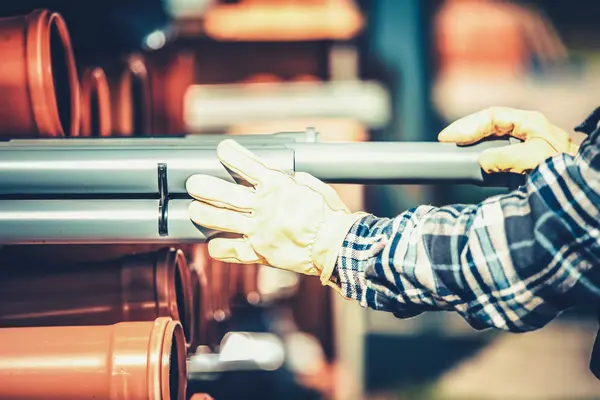
.webp)
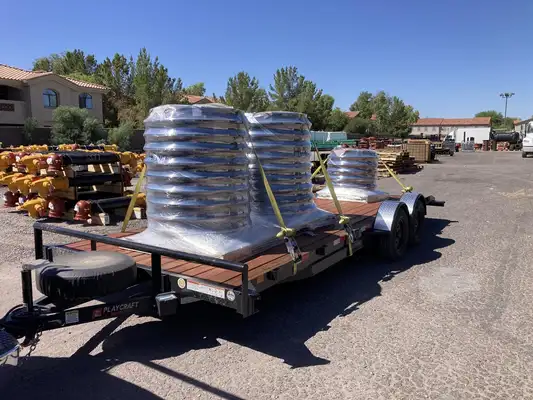
.webp)
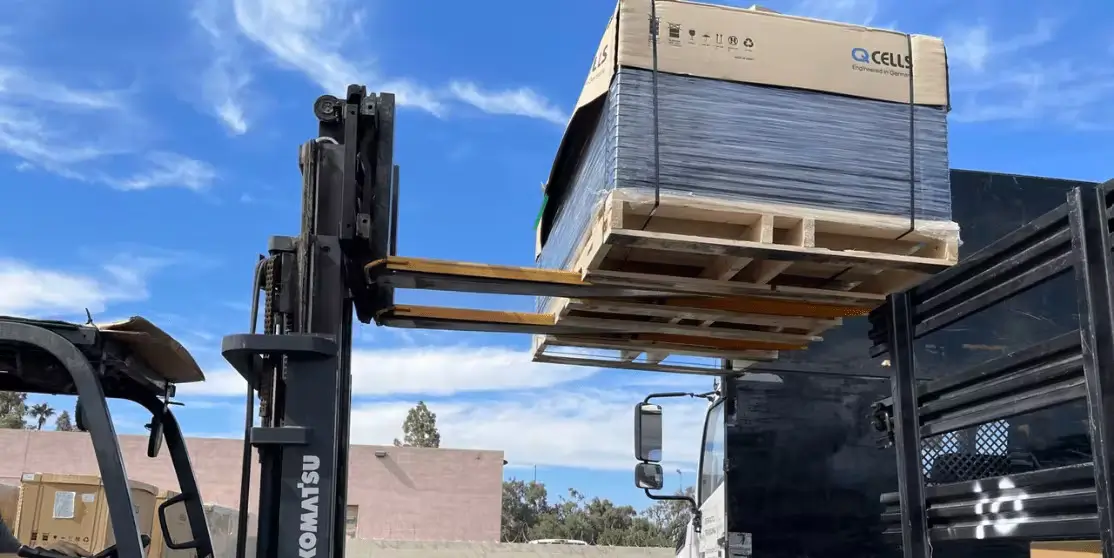
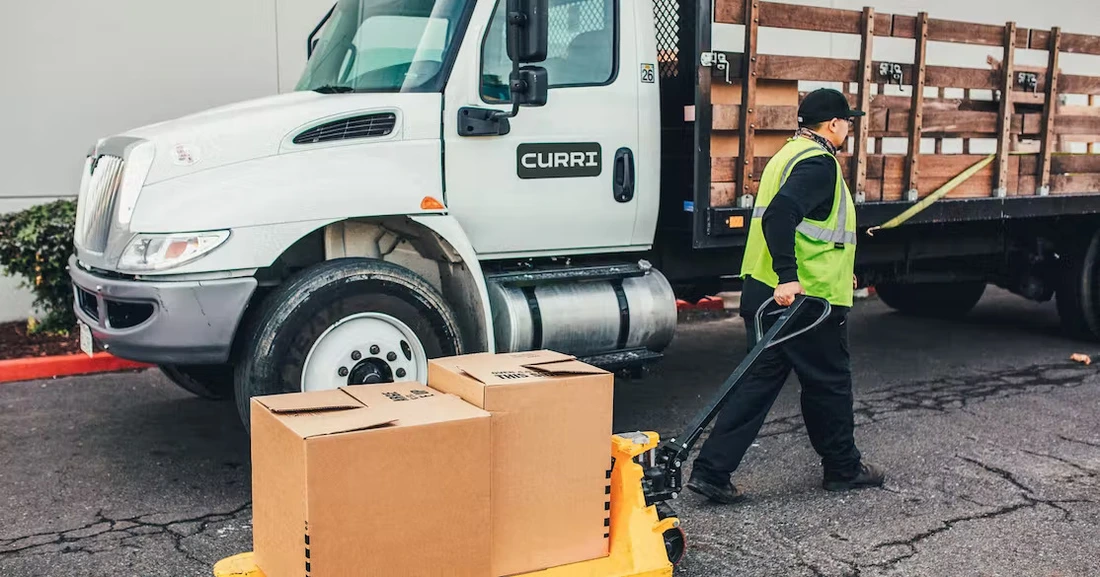
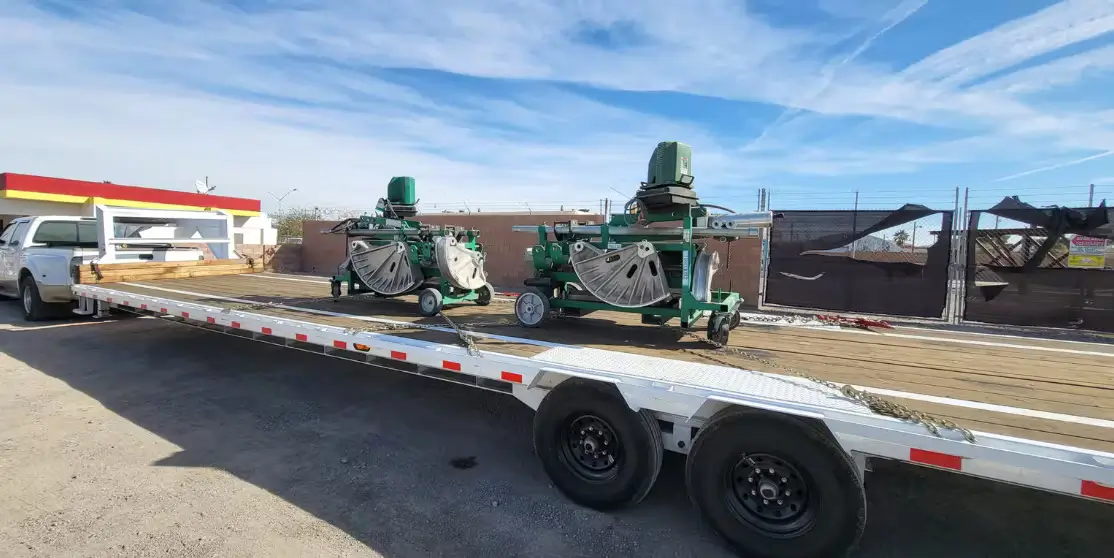
-min.avif)

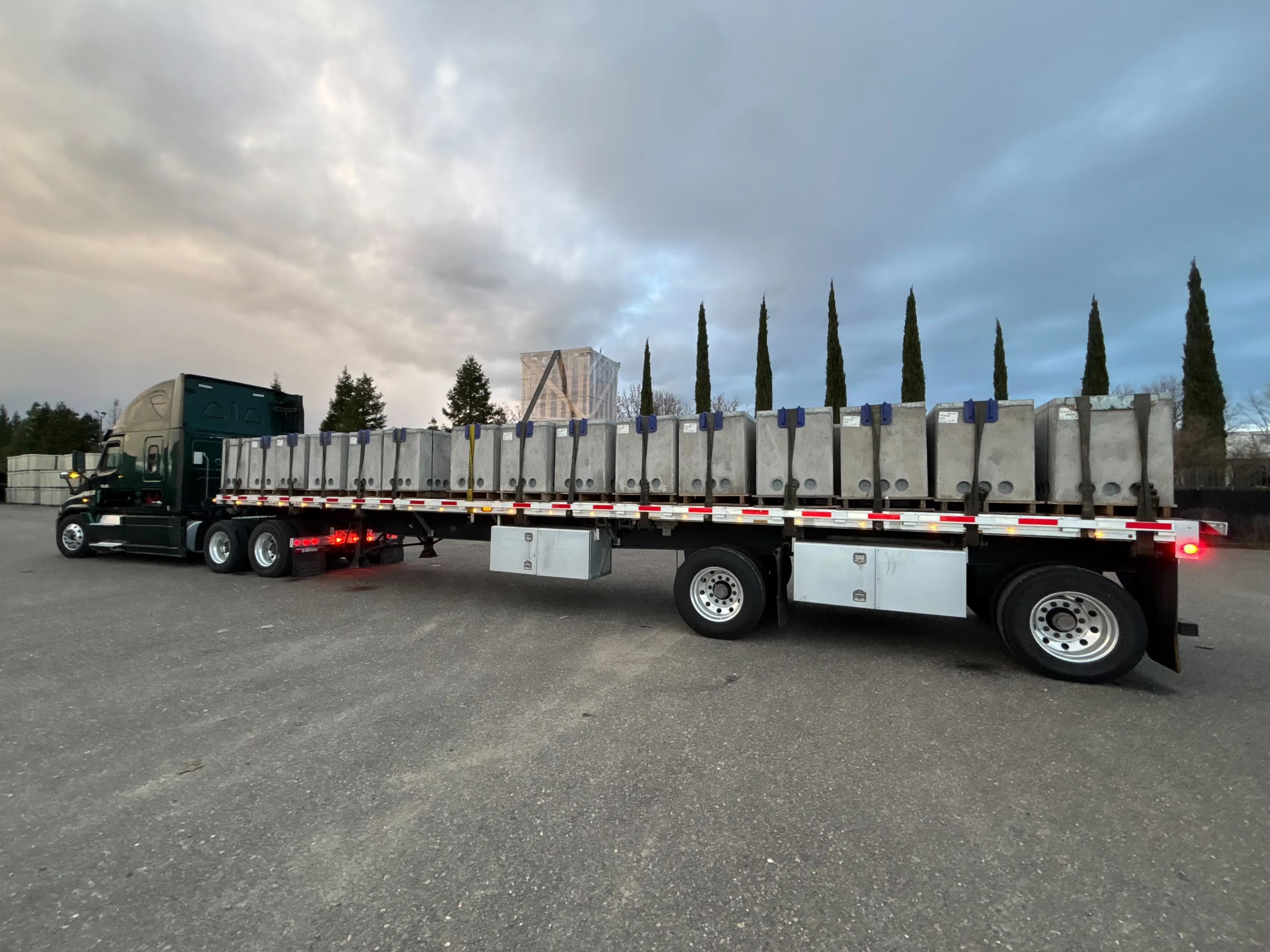

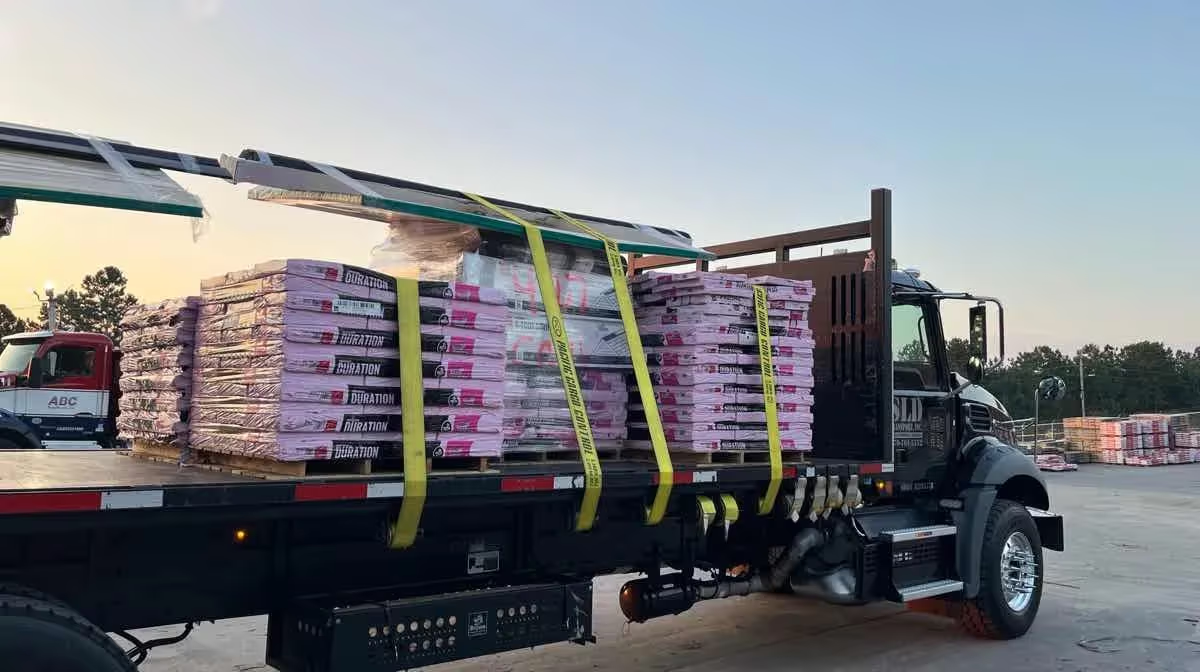
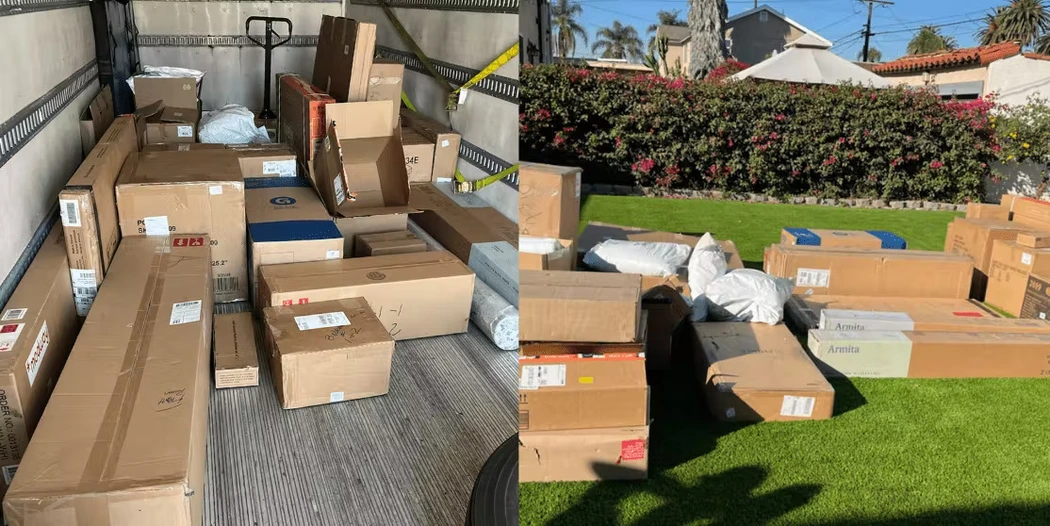
-min.webp)

.webp)
-min.webp)
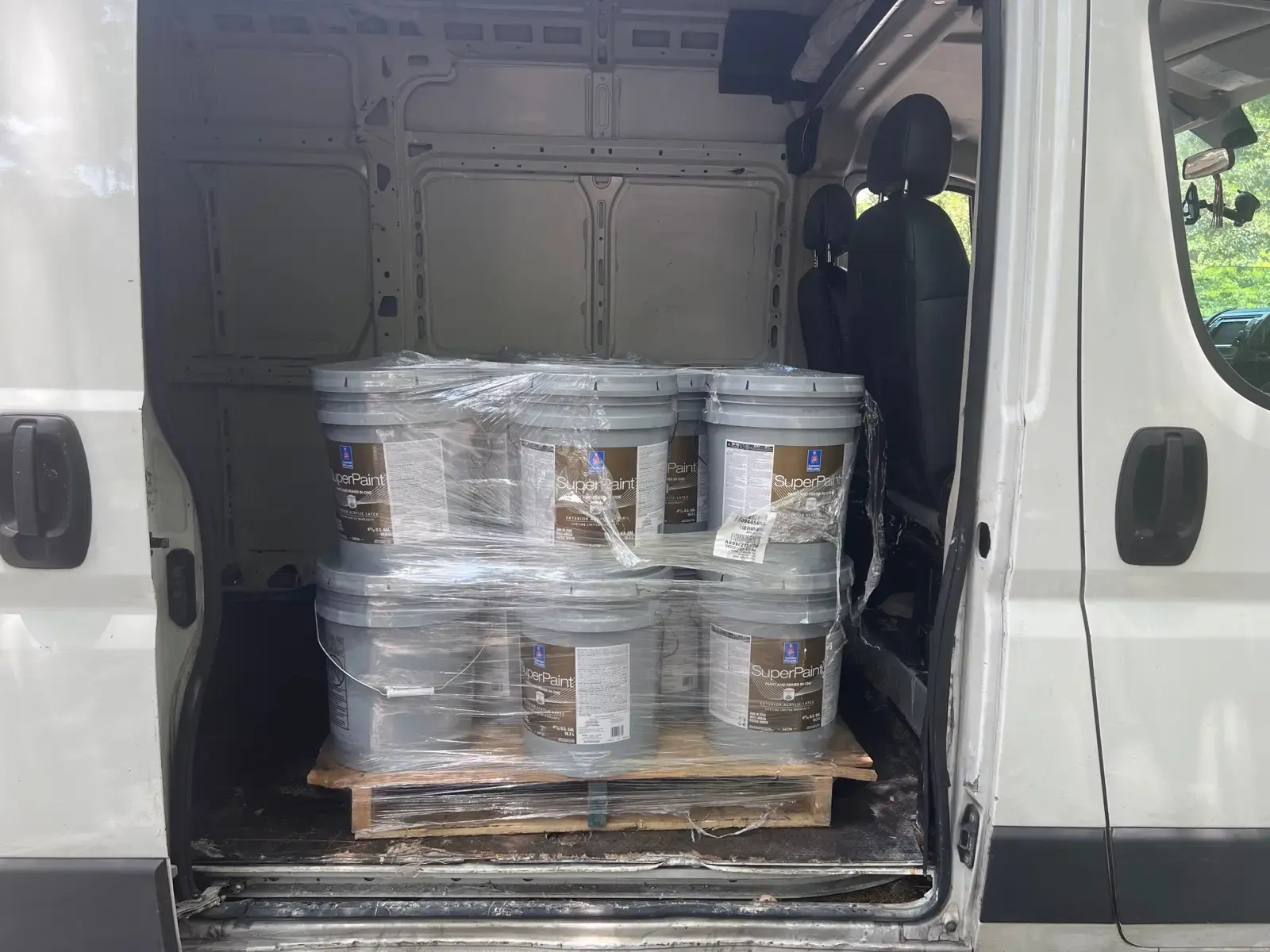
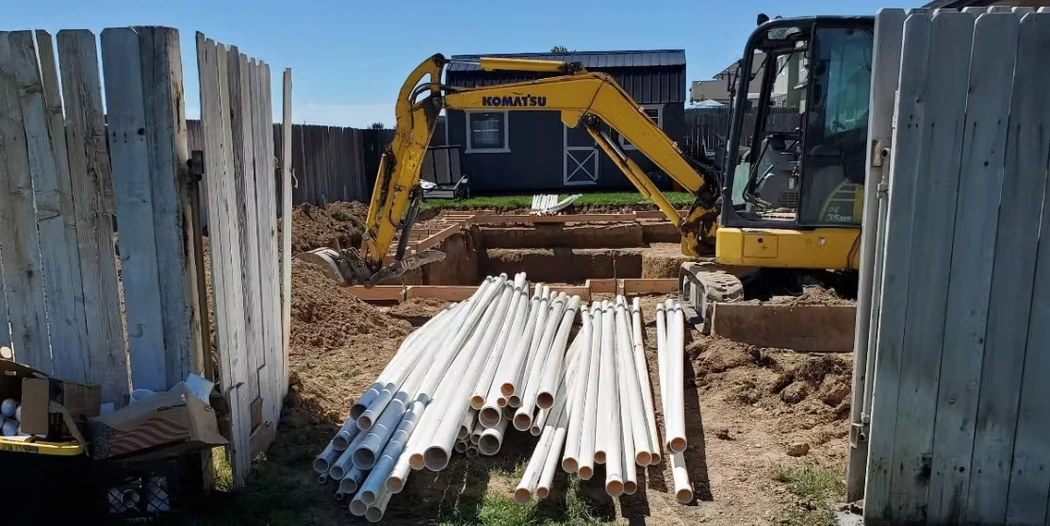

.webp)

.webp)
.webp)
